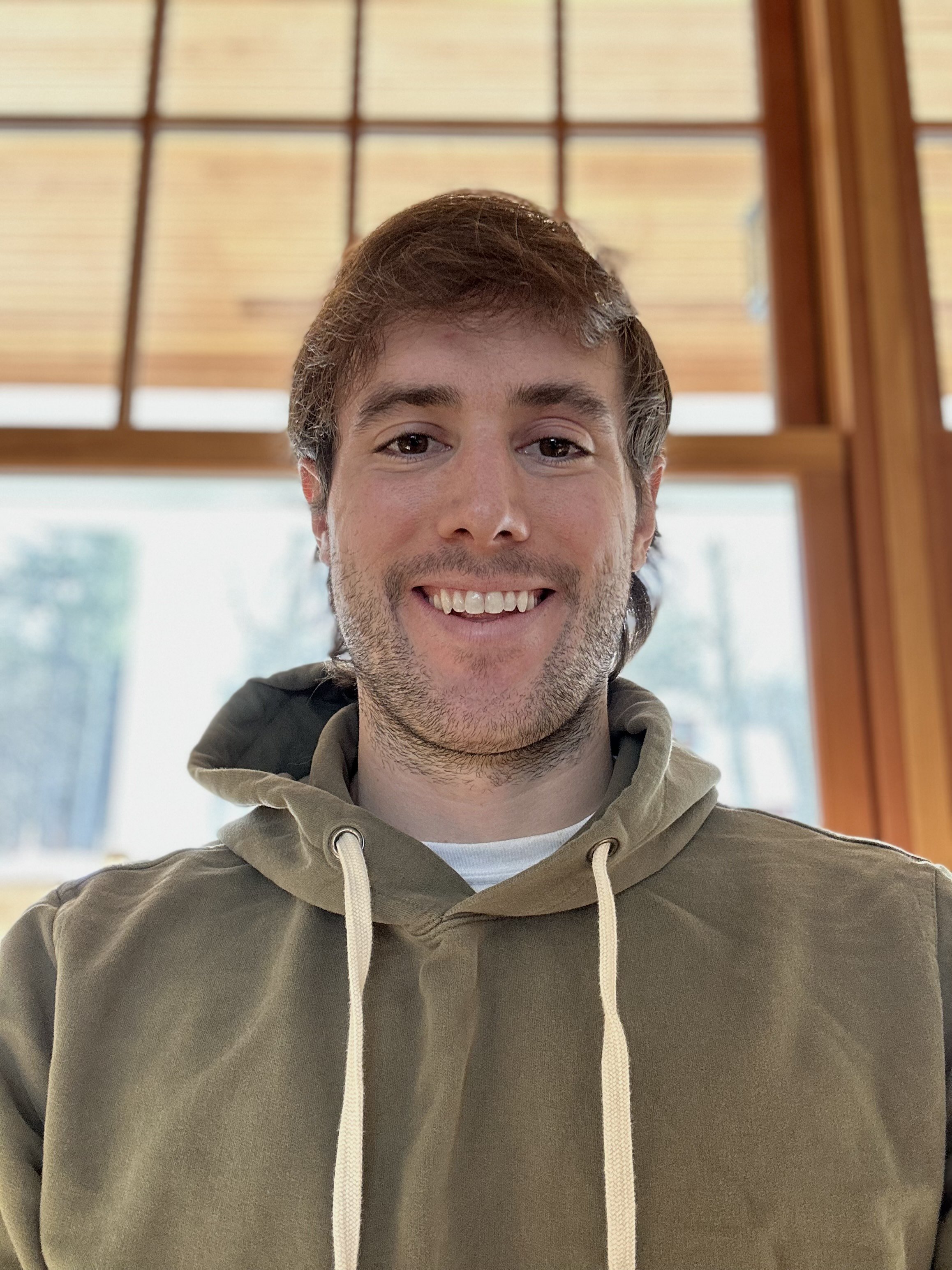How Music NFTs Are Different and Can Help Musicians Connect to Their Fans With Decent Protocol’s Charlie Durbin
NFTs as a type of property right to give them immediate, not future, value

Music non-fungible tokens (NFTs) – like most everything else in crypto – are inherently financialized, but is that their future? According to the folks at Decent, the answer is a lot more nuanced than yes or no.
Decent, an all-in-one web3 release builder, grew out of Charlie Durbin’s interest in building a music platform for royalty-backed NFTs. Durbin studied economics at Princeton and then went into investment banking, working with software mergers and acquisitions in the music space. “That's where I started thinking a lot about royalties as an asset class,” he told me recently. “And about what it would look like to democratize access to that for retail [investors].”
Durbin saw royalties outperforming the S&P 500, and he was particularly fascinated by the way the space was behavioral in nature, which meant that there was room for consumers to actually dictate pricing outcomes. He didn’t have a music background, though, so he wasn’t sure if he was the one to build the platform – until a friend introduced him to some would-be co-founders and the project got its legs.
A lot of early vantage points into the music industry came through Xander Carlson, a Decent co-founder who’s half of the music duo Forester, an outfit signed to Palm Tree Records – the Sony Music imprint started by superstar artist Kygo. Carlson, Durbin and their two other co-founders took their idea to YCombinator, a notable startup accelerator, and developed the product as part of the program’s 2022 spring cohort.
“We played around with a ton of different financial instruments, but [the initial platform] was pretty hard to crack – we ended up realizing there's this big chicken-and-egg problem,” he told me. “A product like this isn't gonna take off unless you have blue chip artists paving the way. And those people require a product like this the least, so it's the hardest sale.”
The musician and producer RAC is on Decent
So the team spent the summer generalizing all the tech, packaging it up into a protocol that could be deployed as no-code tools that leveraged the underlying tech. Today that package is called the Creator HQ.
In the past year, 60,000 NFTs have been minted using their protocol, with about half of them attached to music. “A lot of our earliest users and most regular users are still musicians, and the typical archetype is someone looking for a self-serve solution,” Durbin said. “We probably have the most extensive self-releasing capabilities for an artist, so some of them will treat us a bit like [the prominent do-it-yourself music distributor] Distrokid,” he continued. “For example, [music aggregators] Spinamp and Ooh La La all index our protocol, so if you're an artist, you can upload your music and it'll show up on Spinamp if it meets certain metadata thresholds.”
Since they launched the protocol, the team has gained a lot of insight into how creators and collectors are using NFTs. They think, for instance, that the current state of NFTs makes a scalable future futile; as a purely patronage-driven mechanism for artists, NFTs are not distinct enough from creator platforms like Patreon to drive value.
“NFTs are very heavily dependent on market cycles and increased speculation, and we just aren't seeing a lot of data to support that fans will interact with music in that way,” said Durbin. “Or that NFT traders are going to pile in in a way that would support this type of future.”
Instead, Decent is beginning to champion concepts like non-financial NFTs and an innovation they call rentables, which treat NFTs as a kind of property right. Both concepts are banking on on-chain identity as the game changer – not the speculative version of NFTs that relies on some future utility, like promised perks or a return on investment (ROI) of the asset itself. The more enduring quality, they think, is something that provides value today.
For artists, that value is visibility – gleaned from on-chain identity “that unlocks something musicians have never had, which is direct insight into who their biggest fans are,” said Durbin. Musicians have notoriously little clarity when it comes to knowing the makeup of their community. Obfuscating fan data and packaging it as ‘insights’ is literally the business model of many web2 organizations. It’s a reality where everyone loses to the platform. By championing identity-based instruments, Durbin and the Decent team are helping to change that tune.

